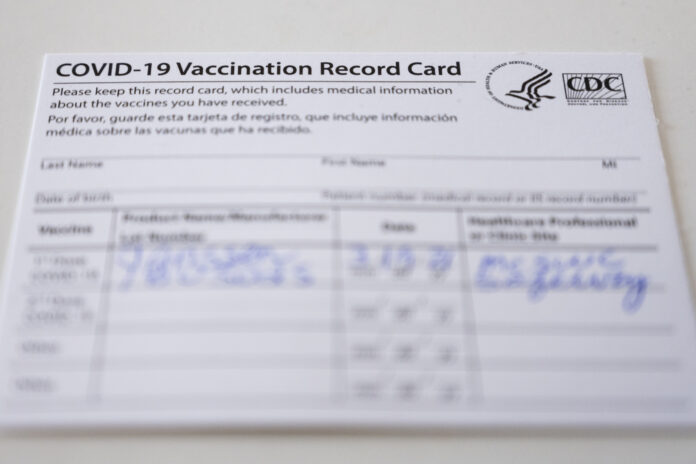
Global Impact of Digital Covid Certificate Verification on The Economy
Despite the several restrictions being imposed by the government, still, people are finding it tough to strike a balance between taking precautions to protect themselves from Covid-19 and resume a normal life. The vaccination certificate option can turn the key to opening society and kick-starting the economy; for shopping malls, public transport, movie theatres, and airports the covid certificate verification ensures rapid and secure onboarding of covid-free customers.
The ideal covid certificate verification solution must be:
-
Ready-to-deploy
-
Safe and secure
-
Hugely scalable
-
Interoperable
-
Cost-effective
Creating a solution that’s accessible, open to all, and capable of supporting billions of records, may feel like a big ask, but it doesn’t need to be.
Functions of covid certificate verification solutions:
-
The artificial intelligence in the verification solutions detects suspicious elements in the Covid-19 certificates/cards if any or missing QR codes. The recent statistics depict that the USA has faced an enormous loss of $382 million due to covid related fraud.
-
It helps in the classification of data. For instance, the commercial/business entities can identify non-vaccinated regions and it’s a great help in marketing and logistics operations.
-
The contacts can also be traced from the obtained pile of data.
-
Counseling of remote patients can also be performed into applications providing verification solutions.
-
It helps in making communication link security better using blockchain systems when accessing covid patient’s data.
-
There are QR-based covid certificates that help the regulatory platforms to obtain an individual’s vaccination details.
Shortcomings with covid certificate verification:
-
To verify the covid certificate, in some countries, there is a lack of proper ICT expertise and the absence of a proper foundation raises the concerns that: Are the verification solutions able to manage data and assure its security in a systematic manner?
-
In underprivileged countries, not everyone has the ability and access to digital apps. Simply initiating the apps does not do enough, measures should be taken to facilitate that segment of the population.
-
There are few regions that develop covid-19 cards to verify vaccine certificates without taking international standards into account. The heterogeneity in the certificates creates confusion and difficulties and affects its acceptability in different parts of the world.
-
Providing vaccination records to regulatory authorities knowing very well that it’s going to be shared further with multiple communities/platforms makes people worried that:
How is their data going to be used? Will it cost any inconvenience? Will it be used for any illegitimate thing? Are the internationals going to use it against them? These concerns are justified. It should always be remembered that absolute privacy cannot be assured in any way. There is always a slight chance of loss of privacy as the records get shared with different regulatory authorities.
How does the digital vaccine certificate verification take place?
-
If there’s anyone who is about to get his/her vaccination. After the vaccine, the health record of the soul gets updated and stored locally. At the same time, The vaccine center’s ID is added to the record to make his/her credential verifiable.
-
A unique digital fingerprint validating the vaccine and containing. no personal data is created and stored on a tamper-proof, decentralized distributed ledger or a public key infrastructure. The fingerprint can be encoded into other digital forms like QR codes just to ensure that the person never had any issues with validation.
-
The center can print him/her robust long-lasting card or a secure label. The card can be custom-designed with holograms and watermarks to prevent counterfeiting.
-
The individual has to present the card at the airport next time he/she wishes to take a vacation. As the employees at the airport are working in a bustling place for long shifts, the customs team uses enterprise-grade mobile devices to scan people’s cards. The data is checked against the verifier held on the ledger.
-
Even if there is no Wi-Fi signal, the secure nature of the card and its data means the certificate can be checked offline causing no delay in covid certificate verification. As people all look forward to the return of travel and hospitality, the digital verification technology can help in creating simple vaccine certificate and validation solutions, solutions that are based on open technologies to ensure interoperability across countries and systems and which by building the confidence of the public and validating agencies will help restore the lifestyles people all know and adore.
Conclusion:
A covid-19 card helps the public in performing daily routine tasks and it also enables businesses to filter customers onboarding and operate which signifies the need for an efficient and secure vaccine certificate verification solution. To ensure swift coronavirus certificate verification, they are solutions: interoperable, hugely scalable, and cost-effective. Even if there are no WI-Fi signals, to verify vaccine certificates, no extra time gets taken. Any incompetence or shortcoming in the verification system can cost a fortune and it happened at few places.































